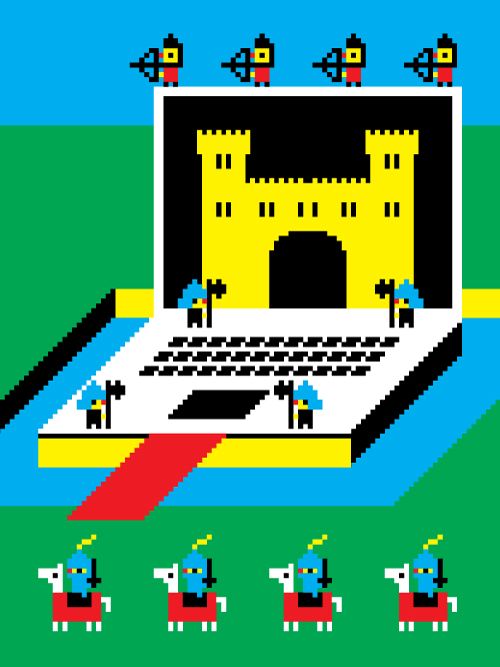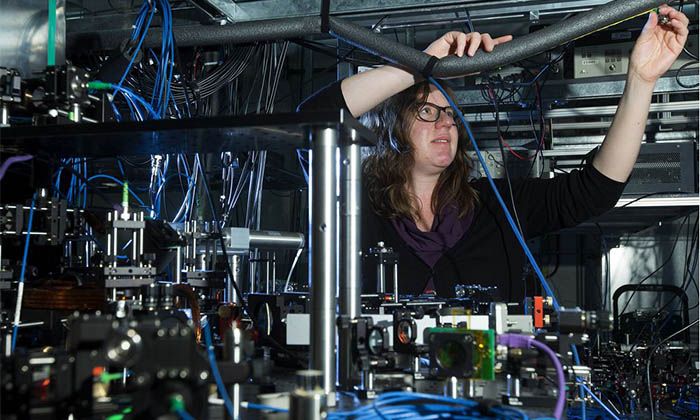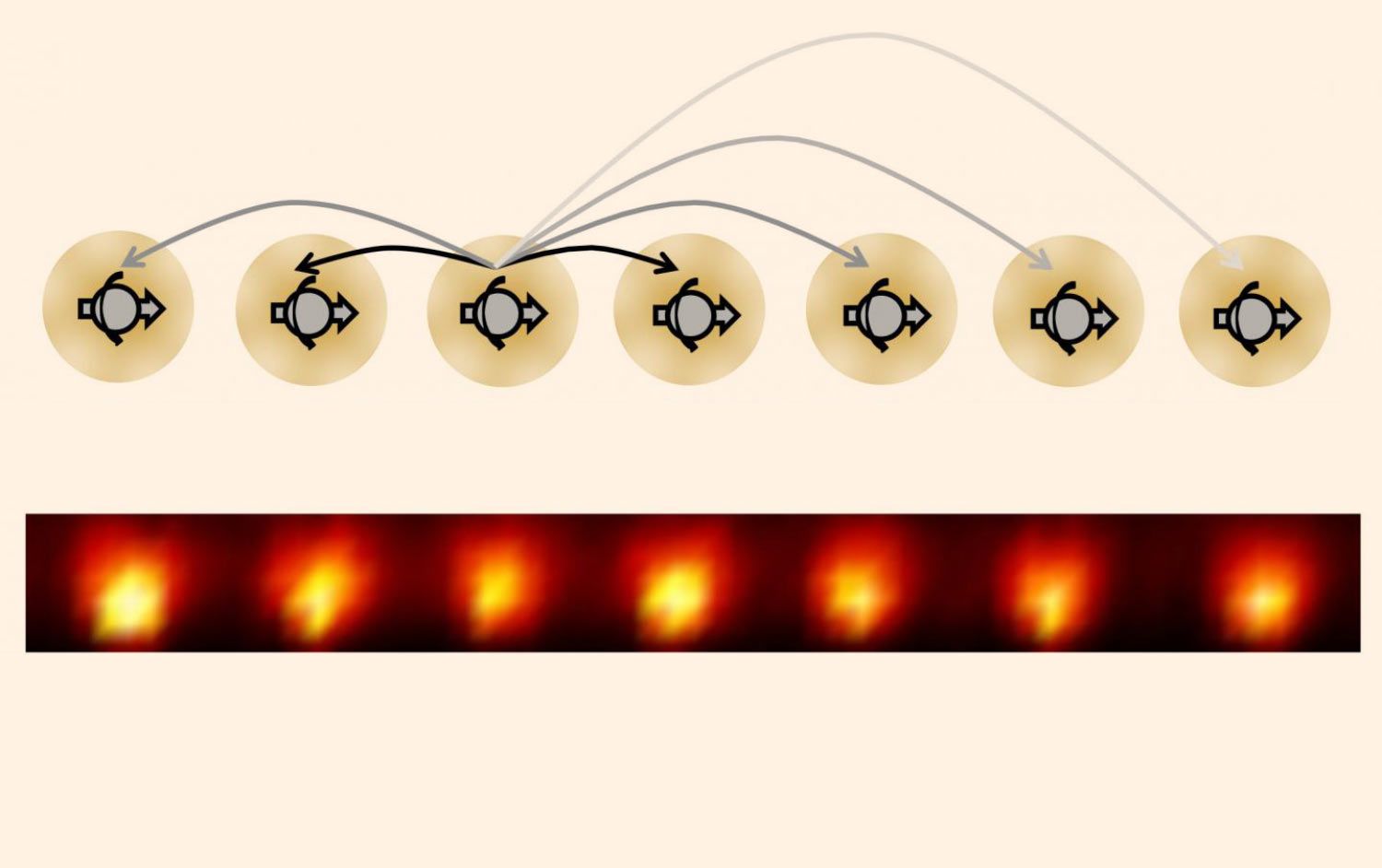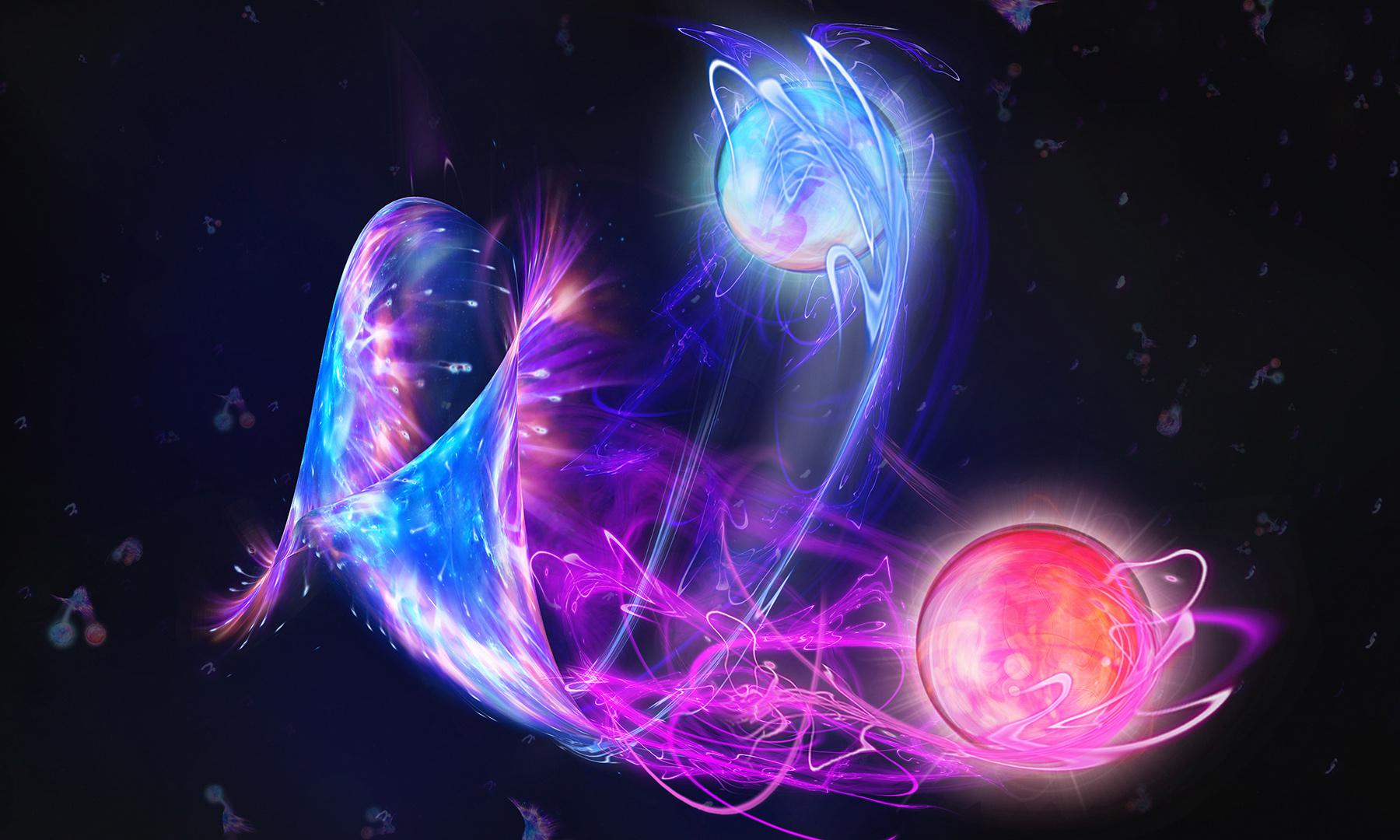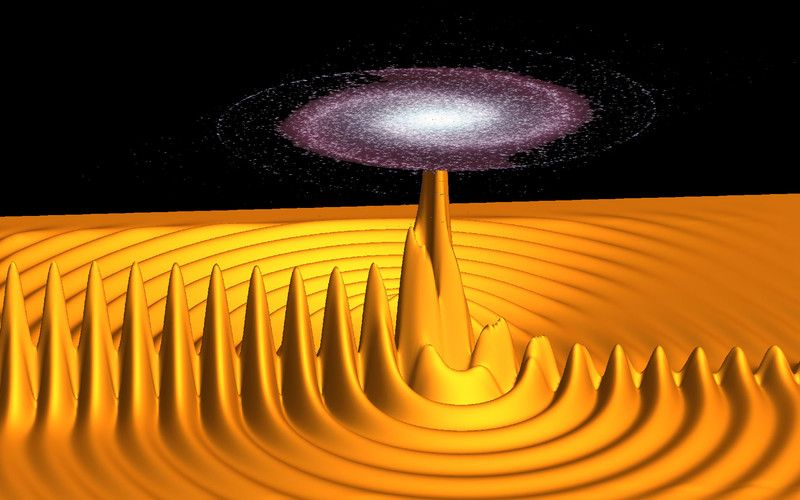Feb 1, 2017
Fear sells in the computer security business, and quantum computers could be very scary
Posted by Karen Hurst in categories: cybercrime/malcode, particle physics, quantum physics
Interesting article; however, 2 things missing from it. 1) China has already implemented a QC wireless network and in phase 2 of their work on QC communications which is also involving a QC platform and hacking. 2) Author stated that Mosca believes by 2026 a nation state will have QC. I would suggest Mosca network a little more as China and Sydney are well ahead of schedule plus many of us involved in QC already are testing the scalability of QC on small devices and other platforms v. mammoth servers thanks to much of the new findings last year on proving the reliability and traceability of particles at various complex states of entanglement and information processing as well as the more recent findings of enabling the constant cold temperatures needed to support QC on small servers.
My own estimates is we’re within a 5 year window of being able to see a more pragmatic version of QC as servers and networking for the broader masses. I don’t believe we’re 10 years away or less than 5 years at the moment; however, things could change tomorrow to the point we see the timeline shortened from 5 to 3 years as I do have friends who believe we’re within 3 years.
Even though quantum computers don’t exist yet, security companies are preparing to protect against them.
